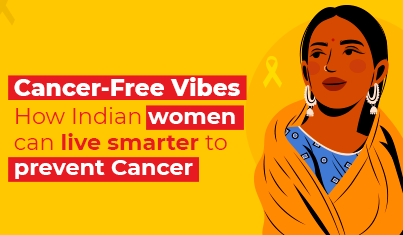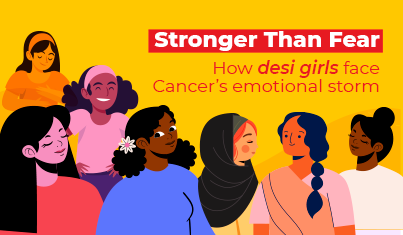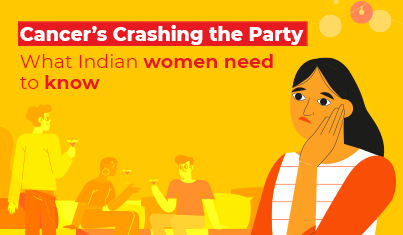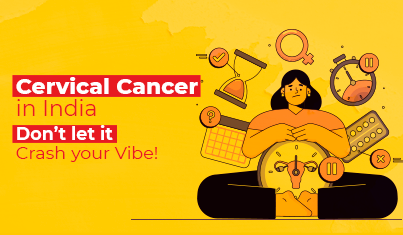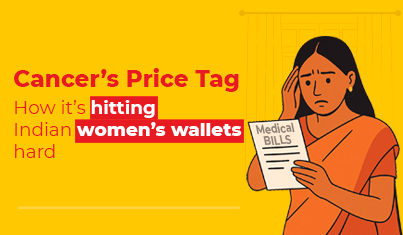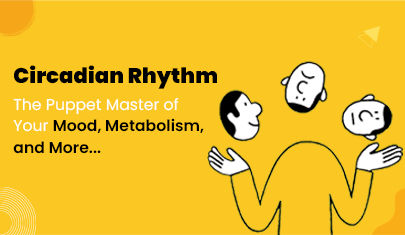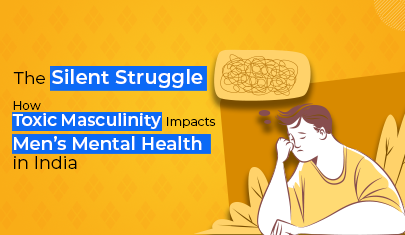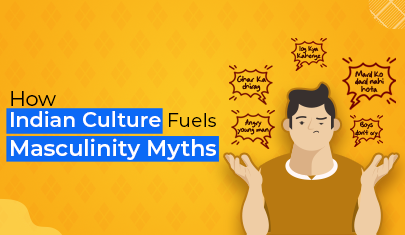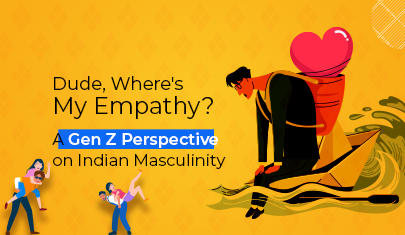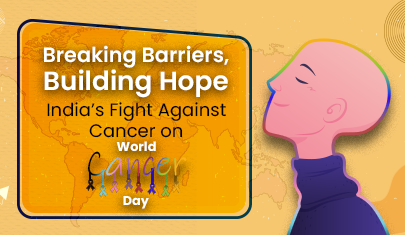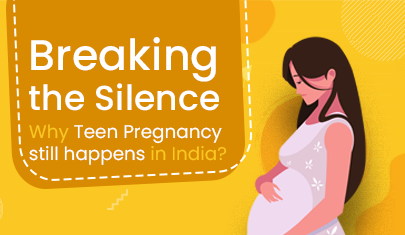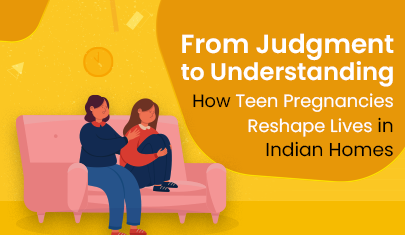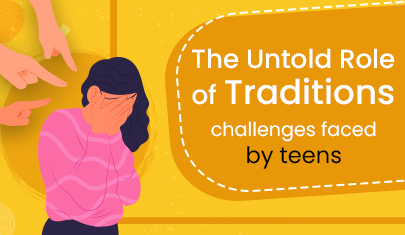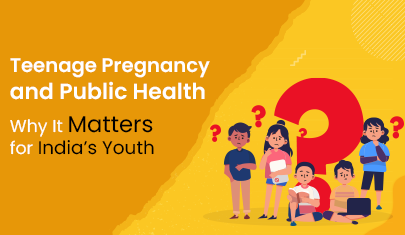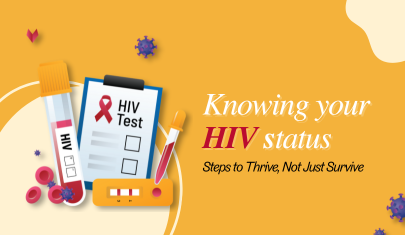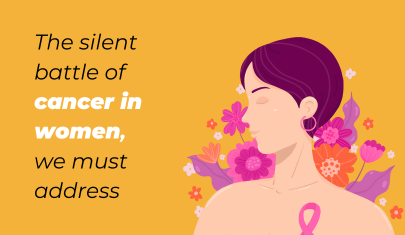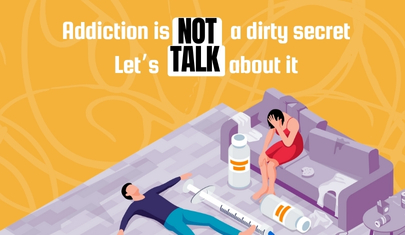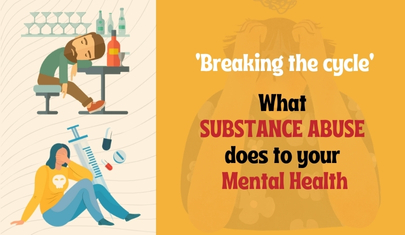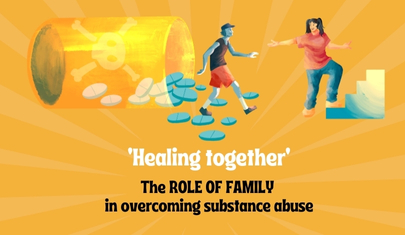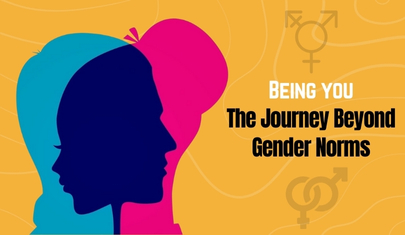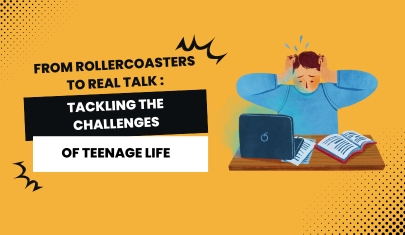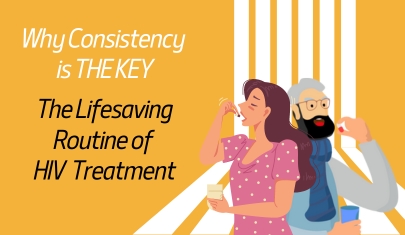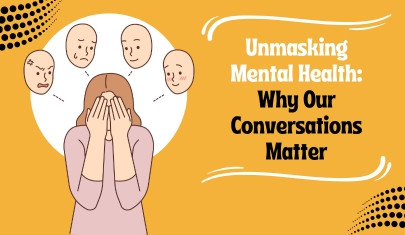General
Strength Redefined: Why Real Men Feel, Care, and Respect
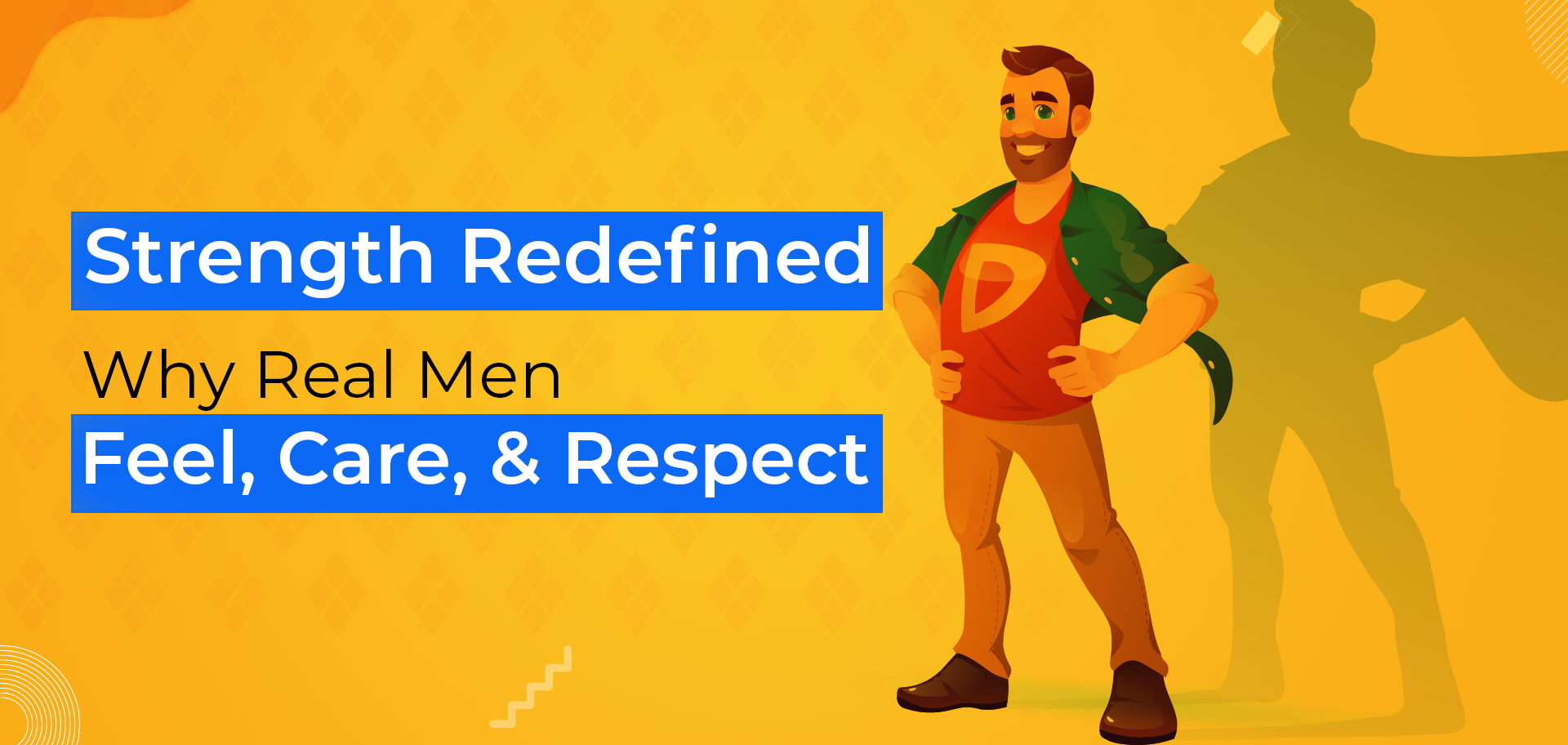
What’s
Toxic Masculinity Anyway?
Let’s begin with an uncomfortable truth— toxic masculinity doesn’t simply materialise from nowhere. It’s a meticulously constructed house of cards founded on the precarious base of patriarchal norms and societal pressures. In India, the cards stack early, often before a child is born. Families, whether consciously or unconsciously, prioritise having male children, sidelining the needs and joys of daughters. Sons are celebrated, while daughters are tolerated. What does this do? It ingrains the idea of male superiority from day one. Boys are taught to be “special,” while girls are raised to adjust, sacrifice, and often endure. This is where chauvinism takes its first breath—quietly, subtly, but powerfully. If left unchecked, it evolves into toxic masculinity, influencing not just individual mindsets but entire communities as well.
Pause and Think: How might our society change if we celebrated children—regardless of gender—with equal joy and opportunity?
The
Blueprint for Toxic Masculinity
In India, toxic masculinity isn’t an accident; it’s a full-blown production. Boys grow up hearing phrases like “Mard ban, rona bandh kar” (Be a man, stop crying). They’re handed the blueprint for being stoic, aggressive, and dominant. Girls, on the other hand, are told to "adjust" and "compromise." Together, these scripts form the foundation of an unbalanced system dynamics. Add a dose of Bollywood’s machismo—heroes who win battles, women, and life with brute strength—and the narrative is set. The problem? It’s not just movies. It’s reinforced at home, in schools, and locker rooms, creating a cycle that’s hard to break.
Pause and Think: If boys are only taught to be “strong,” who teaches them to be kind, compassionate, and vulnerable?
Women and Society: The Silent Architects
Here’s a twist: women and non-binary individuals, often unknowingly, help sustain toxic masculinity. A mother may discourage her son from expressing emotion, fearing he’ll seem weak. A wife may commend her husband’s stoicism, interpreting it as strength. Even daughters seeking “strong, protective” partners reinforce outdated notions and ideals. Society, too, plays its part. Women are criticised for being “too emotional,” while men are ridiculed for being “too soft.” Non-binary individuals are sidelined entirely, struggling to find space in a world that sees gender as binary. The result? A culture where vulnerability is shamed, and dominance is rewarded.
Pause and Think: How do the roles we unconsciously assign to men and women shape how we experience the world?
The Hidden
Costs of Toxic Masculinity
Toxic masculinity doesn’t merely harm women—it devastates men as well. The pressure to suppress emotions contributes to mental health struggles, substance abuse, and even higher suicide rates among Indian men. Studies indicate that emotional isolation is a silent killer, one that thrives in silence. For women, the cost is even more visible. Domestic violence, workplace harassment, and unequal partnerships are just some of the repercussions. For non-binary individuals, it’s a daily battle to be seen and heard. Toxic masculinity is not a zero-sum game—it’s a lose-lose for everyone involved
Pause and Think: If these outdated norms hurt everyone, why are we still clinging to them?
Rewriting
the Script: What Can We Do?
Breaking
free from toxic masculinity isn’t about flipping a switch; it’s about rewriting
the narrative, one conversation at a time.
- Start
at Home: Encourage
boys to express themselves freely. Teach girls to speak up—model respect
and equality in daily interactions.
- Challenge
Media Tropes: Celebrate
movies, books, and shows that portray men as multidimensional—capable of
strength and softness.
- Empower
Women and Non-Binary Folks: A
more balanced society needs their voices, experiences, and leadership.
- Normalise
Therapy: Emotional
health is as important as physical fitness. Imagine a world where
discussing mental health is as every day as discussing cricket scores.
- Speak Up: Call out problematic behaviours, whether it’s a sexist joke or a dismissive comment about someone’s emotions.
Pause and Think: What would happen if we all committed to creating a culture where everyone—regardless of gender—felt safe to be themselves?
Building a Better Tomorrow
Toxic masculinity isn’t an immovable mountain; it’s a construct we’ve created together—and one we can dismantle. Imagine a world where boys grow up free to feel, girls grow up free to lead, and everyone grows up free to be. It’s not just a dream; it’s a possibility.
"True strength is not in dominance but understanding and empathy."
YRGCARE is there for you:
At YRGCARE, we are here to help you navigate these conversations—whether with yourself, your family, or your community. Do you need support, guidance, or simply a safe space to talk? Please reach out to us at 044-33125000 or connect with us online. Together, we can create a world where respect, equality, and compassion flourish.
With love and warmth
YRG
Communications Team
Most viewed
#YRGCARE #MentalHealthAwareness #MentalHealthMatters #EmpowerWomen #GenderEquality #RewritingTheNarrative #LoveAndRespect #YRGBlogs #ToxicMasculinity #RedefineStrength #Masculinity #EmpathyOverDominance #BreakTheNorms #EndToxicMasculinity #Feminism #EmotionalWellness #GenderStereotypes #MaleEmpathy #NonBinaryRights #HealthyMasculinity #RespectAndCare #ChallengeSocietalNorms #MasculinityAndMentalHealth #EqualityForAll #CompassionateMen #ToxicCulture #GenderEqualityInIndia #StrongerTogether




